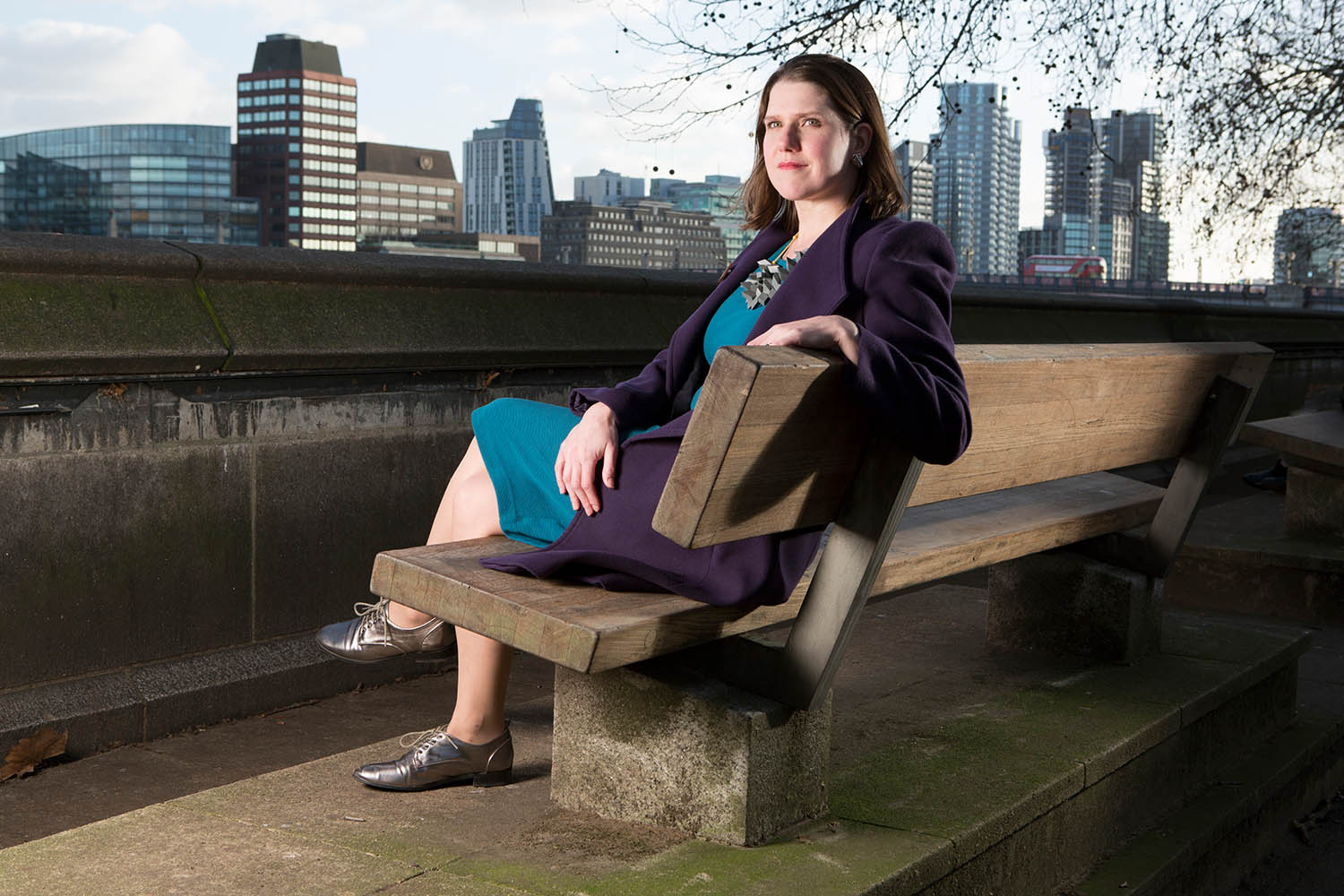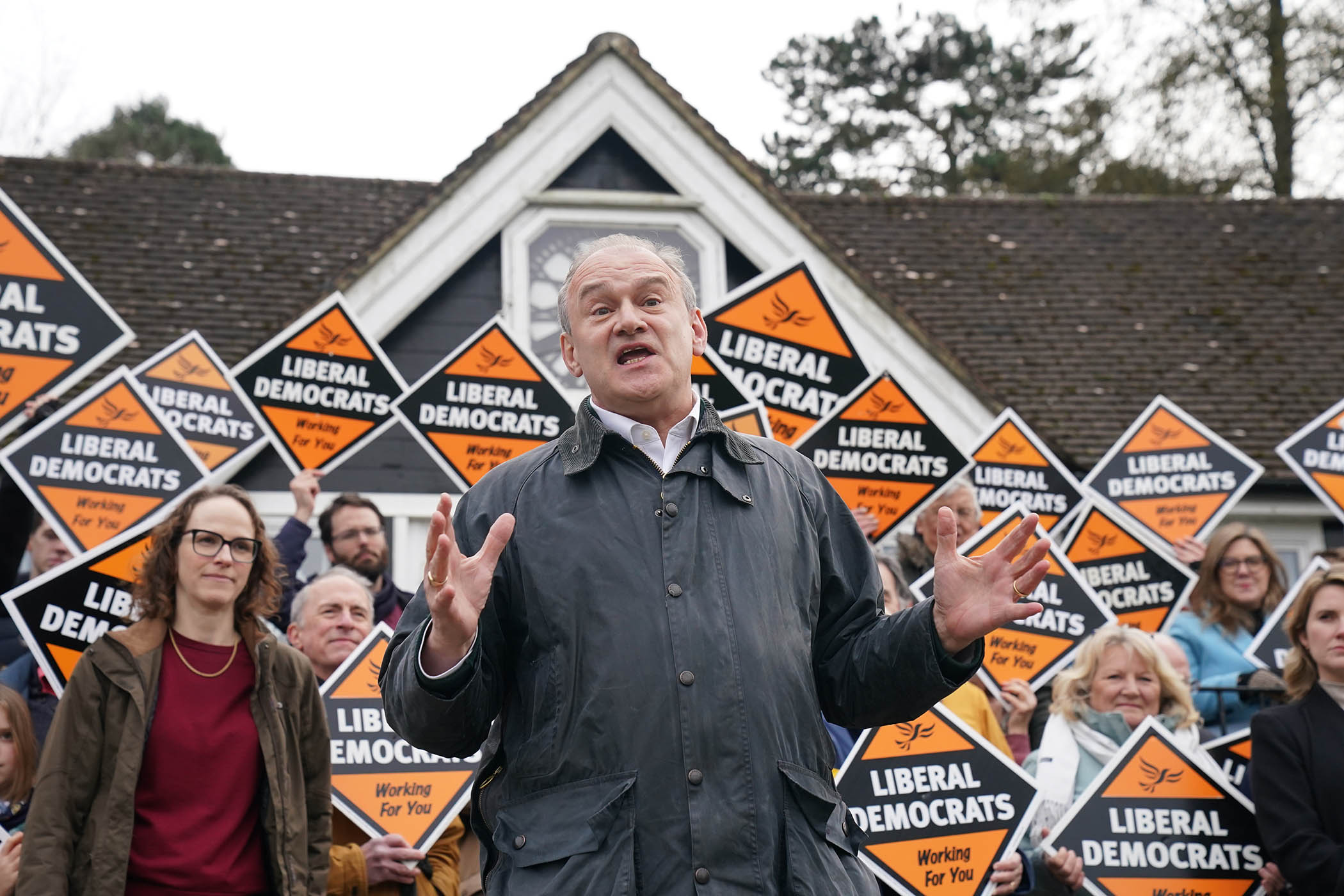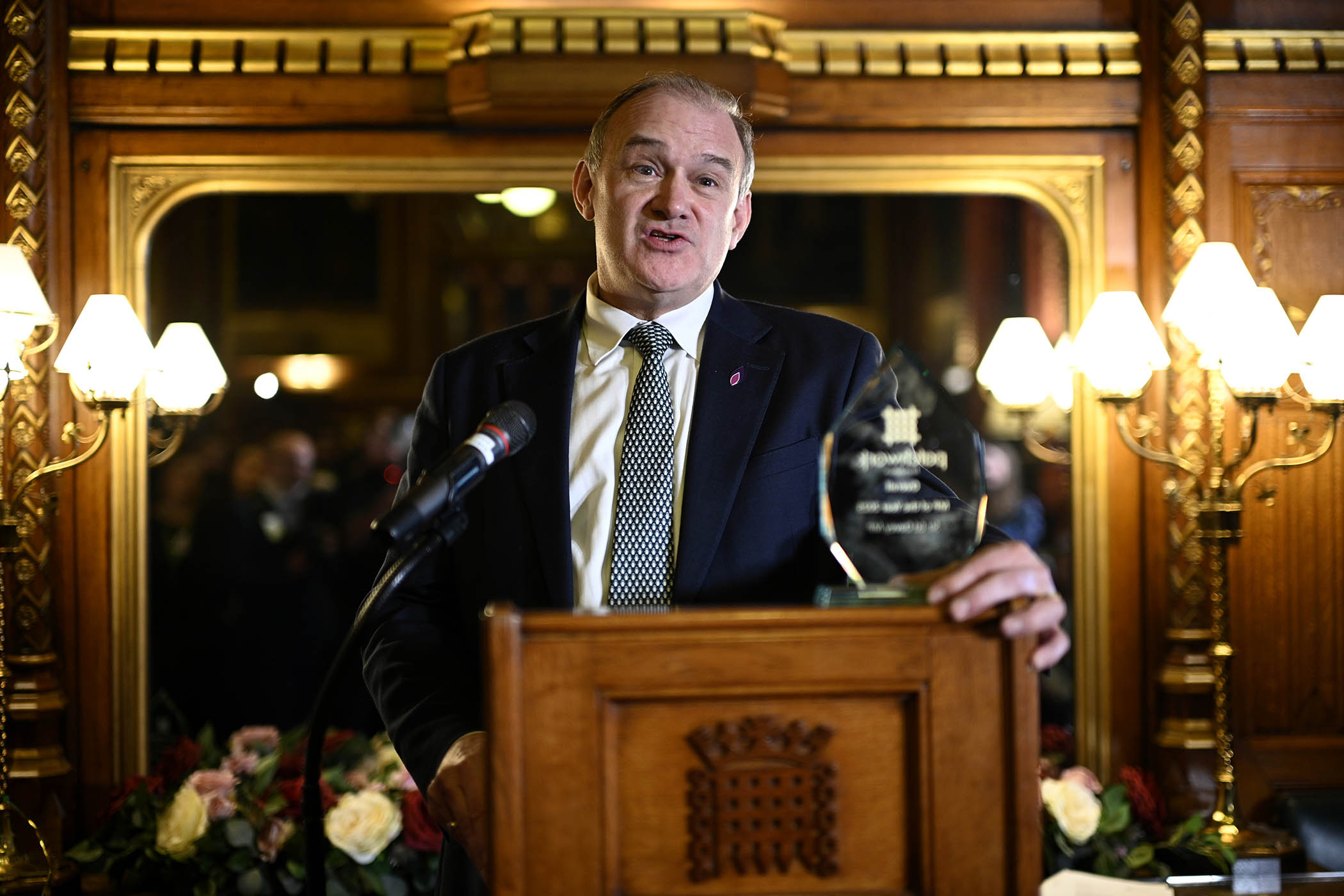Is altruism having a moment? Park your scepticism and consider the following: Labour just made an almighty U-turn on welfare reform. Mark Carney, a champion of upholding values in business, is in power in Canada. Gifts from the top 50 US philanthropists grew by roughly a third in 2024. And ex-politicians are getting involved in charity.
“We are in this moment of rupture, where the old economic consensus around neoliberalism has lost credibility and is going away but the new economic paradigm has not yet become clear,” says Jo Swinson.
“The irony is that the defenders of the neoliberal status quo seem to be centre-left governments in different parts of the world.” That, she argues, is one reason the left is struggling: “People have sussed out that this economic system doesn’t work.” By contrast, “the part of the right that is being successful has stopped defending neoliberalism, because they know that it’s not popular and that defending it is not going to win them votes.”
For the past five years, having swapped politics for philanthropy, Swinson has been leading Partners for a New Economy (P4NE). This is a collaborative effort by a group of charitable foundations to develop a better paradigm than neoliberalism’s market-led globalisation. In five decades of dominating economic policymaking, neoliberalism lifted millions out of poverty but at the expense of widening inequalities and the devastation of climate and nature.
Granted, we’ve been here before. Philanthropic efforts to create a better economic system go back to at least Victorians like William Morris and William Lever, while the limitations of GDP as a measure were laid bare by Robert F Kennedy in the 1960s. Clearly, the dream of an alternative dies hard.
Launched in 2015, P4NE is part of a broad effort to reimagine capitalism on both sides of the Atlantic. So far, it has given $34m to around 60 organisations. These grants – typically, $100,000 a year for three years, though sometimes as much as $1m – were not huge, but enough to seed plenty of activity.
‘The principles – around serving economic, social and ecological goals at the same time – are clearer’
‘The principles – around serving economic, social and ecological goals at the same time – are clearer’
Jo Swinson
Grantees have ranged from professional expert groups, such as the OECD's New Approaches to Economic Challenges unit, and academic thinktanks (UCL’s Institute for Innovation and Public Purpose), to action-focused initiatives (the Doughnut Economics Action Lab and ShareAction) and campaign groups (Make My Money Matter).
While economic policy is ultimately for society and the government to decide, what philanthropy can do is provide space for new thinking, says Swinson. “It is hard in politics to find the headspace to think about our future needs and how we get there,” says the former Liberal Democrat leader, who lost her seat in a heavy defeat for the party in 2019.
As a backbencher, she cofounded an all-party parliamentary group on wellbeing economics, reflecting an interest in building a better economy that she traces back to a childhood admiration for campaigning Body Shop founder Anita Roddick.
Much of P4NE’s impact has come through supporting technical efforts to improve the internal workings of the economy – such as helping central bankers to figure out how to incorporate sustainability in their monetary and supervisory policies, or pension funds to take a broader view of fiduciary responsibility, to consider the influence their investment decisions will have on the world their customers will be living in when they receive their pensions. Swinson is excited about a first ever global corporate bond index to take into account carbon emissions, developed by a P4NE grantee at Cambridge University.
Newsletters
Choose the newsletters you want to receive
View more
For information about how The Observer protects your data, read our Privacy Policy
Real progress has been made towards developing an improved economic paradigm, Swinson argues. The terminology is not yet certain – “Will it be wellbeing economics, or doughnut economics, or care economics or regenerative economics, or something else?” – but the principles are “starting to become clear: around serving economic, social and ecological goals at the same time”.
That means moving away from a singular focus on GDP growth. P4NE has backed efforts to accelerate this shift, including the Wellbeing Economy Alliance, a multi-stakeholder group that has helped several governments develop a broader vision and dashboard of economic performance, such as New Zealand’s annual wellbeing budget and living standards framework.
Canada’s government has worked with the Wellbeing Economy Alliance. Whether it continues to focus beyond GDP under its new prime minister, Mark Carney, or instead follows UK Labour’s emphasis on growth, will be a key test of the immediate prospects for the new paradigm. Some see neoliberalism in Carney’s early actions on carbon and trade. But Swinson is optimistic about him, given his past leadership on climate issues, including when he ran the Bank of England, and his public statements about the importance of values. While the growth obsession of Britain’s Labour government is understandable, Swinson would like more focus on “how to make sure that people are thriving even when there are economic headwinds”.
With so much at stake, a key question is whether philanthropists will keep funding rethinking economics or back off under pressure from the populist right. In the US, some big foundations seem scared of being targeted by the Trump administration for their past support of so-called “woke capitalism” initiatives that take ESG (environmental, social and governance) and DEI (diversity, equity and inclusion) factors into consideration.
Swinson argues that polarisation is pushing more funders to lean into tackling root causes. For instance, climate funders who used to think it was enough to fund scientific research are now saying “we need to be thinking about the political economy of this”. In general, she says, “the economic system is a more obvious entry point for philanthropy than it was five years ago, and certainly than 10 years ago”. Hopefully that idealism comes with a thick skin.
Photograph by Richard Saker for The Observer
•
This article was amended on 1 July 2025. An earlier version incorrectly stated that P4NE's grantees had included the Network for Greening the Financial System.


